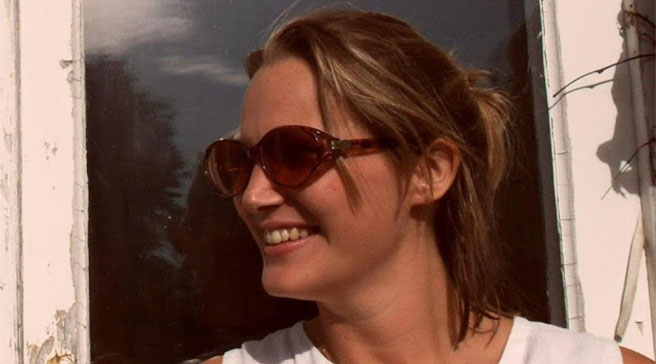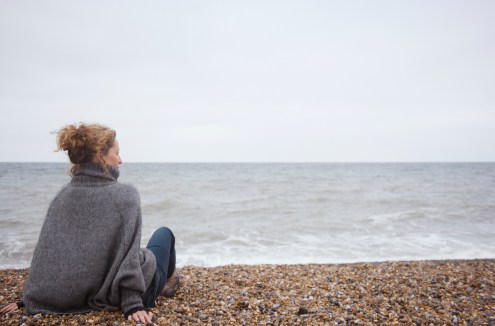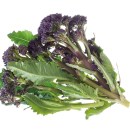Guest blogger: Happy Death Day
Guest blogger Annie Broadbent talks about commemorating the death of a loved one.

Death Day doesn’t have quite the same ring to it as Birth Day…does it?
I wonder why referring to it as 'the anniversary of so and so’s death' is easier. Is it that same old avoidance of the D-word? Personally I like calling it Death Day because it encapsulates exactly what the day means to me…it’s the one and only day in the year when everything is allowed to be about the day my mum died and what it was like. We also talk about her life and how she lived it, but the day she died was such an extraordinarily momentous experience in my life, that spending a day remembering all the minute details of her death, really helps me process the enormity of its impact.
Like Birth Days, Death Days are considered to be communal events. Friends and family of the deceased gather to commemorate and remember, together. I didn’t want to do that this year, for Mum’s second Death Day, but it took me rather a long time to realise I was allowed to do it privately. While some people choose to ignore Death Days, and even find ways to forget the date, for many people they are incredibly important occasions. And it’s vital they are spent in a way that feels right for each individual. That may mean being alone or it might involve having a big party. Whichever way you choose to do it, try not to have any expectations on your emotions. Joy, sadness, anger…they’re all allowed. And crucially, so is numbness. Sometimes, the pressure of the day means you might not be able to muster any emotions at all. And that is also totally OK.
Annie Broadbent (@anniebroadbent), our guest blogger lost her mother two years ago to breast cancer and began writing about her experience of grief. Her book, We Need To Talk About Grief, a guide for friends of the bereaved, will be published next September by Piatkus.








